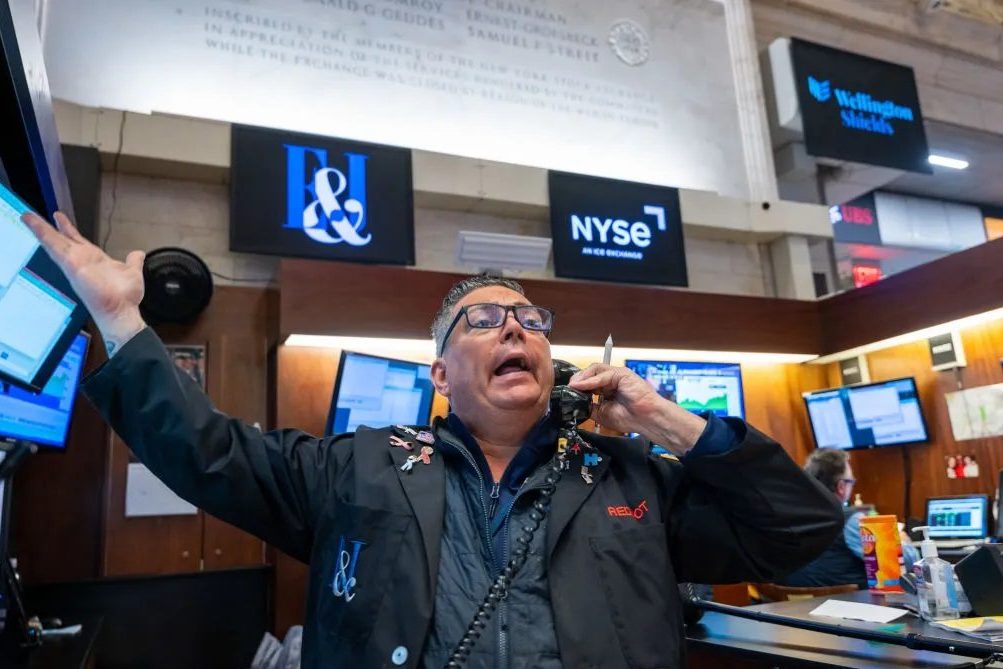The bubble in artificial intelligence stocks has started to pop, two decades of easy money in Japan have finally started to come to an end, and (after hitting all-time highs) share values are being reassessed. There are plenty of plausible explanations for the sudden plunge in stock markets around the world over the last few days. And yet the big one is this: investors have started to worry that the global economy is heading into a recession and they are surely right to do so.
The markets are often volatile. Even so, the trading over the last few days has been wild, with Japan’s Nikkei dropping by twelve percent in a single day, its biggest fall in thirty-seven years, and then bouncing back by 10 percent on Tuesday morning, and with savage sell-offs on Wall Street and the major European bourses that erased most of the gains of the last few months. The AI stocks, led by the microchip giant Nvidia, saw the most selling, and the hedge funds that borrowed cheap money in Japan and invested it elsewhere suddenly came unstuck, adding to the sense of panic. And yet, behind it all was the suspicion that the world is heading into a recession.
The Eurozone already looks to be heading into yet another downturn, with the German economy shrinking again, and with the zone overall expanding by just 0.3 percent over the latest quarter. A modest interest rate cut from the European Central Banks seems unlikely to reverse that. The Chinese economy is spluttering and doesn’t look like turning back into the engine of global expansion again any time soon. But it is the US that has really spooked investors. At the end of last week, figures on job creation recorded a sharp slowdown, while the latest manufacturing data was just as weak. The unemployment rate has climbed to 4.3 percent, its highest level for three years, triggering the "Sahm rule" widely used by central banks to judge whether an economy is shrinking or not. A recession is not yet certain, but it has started to look a lot more likely.
In reality, the Federal Reserve has postponed interest rate cuts for too long, over-killing monetary policy in its determination to crush inflation, and tipping the economy into what may well prove a full-scale downturn. Even worse, in the background the Biden White House has been running a recklessly expansionary fiscal policy, with the deficit this year still running at more than 5 percent of GDP, but instead of stimulating the economy as you would expect, it now appears to be slowing it down instead (in part because so much of the money has been wasted on vast subsidies for projects that will never work). In reality, a soft landing from the spike in inflation triggered by the Covid pandemic and the war in Ukraine was always a mirage. The markets have worked that out, and sent stock prices sharply down — while it will be up to either Donald Trump or Kamala Harris to sort out the mess later this year.
This article was originally published on The Spectator’s UK website.


























Leave a Reply